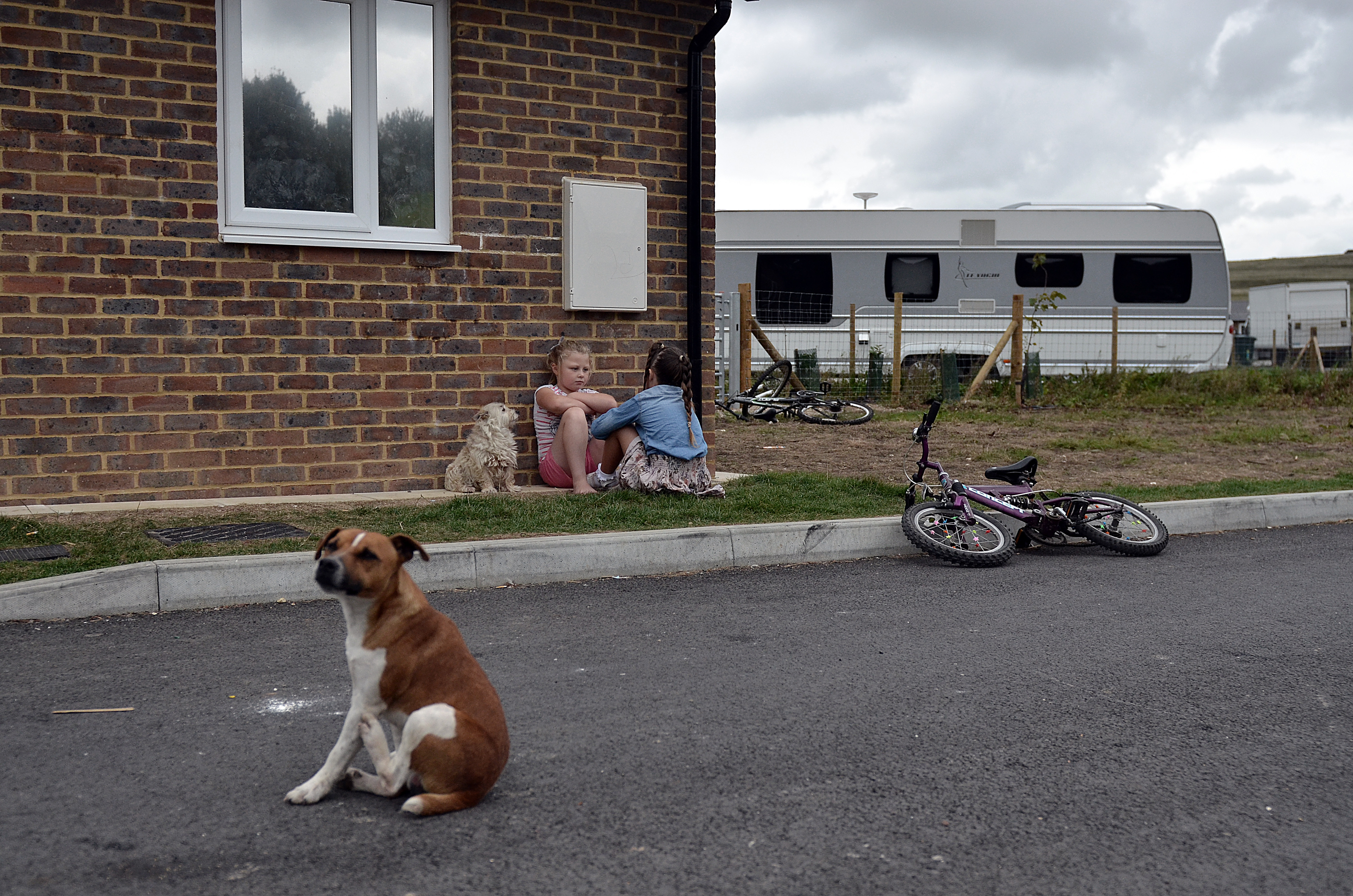On Friday 30th October, Gypsy and Traveller organisations celebrated news that Canterbury Council withdrew their application to extend their anti-encampment injunction for another two years. The injunction stopped Gypsies and Travellers from accessing areas of public land across the city.
Friends Families and Travellers (FFT) instructed Chris Johnson of Community Law Partnership to make written submissions in advance of the Court hearing on July 30th 2020. These provided a detailed analysis of Canterbury’s injunction application, set against the strict criteria set out in the recent Court of Appeal challenge in the case of London Borough of Bromley v Persons Unknown and London Gypsies and Travellers.
The submissions argued against the use of an injunction for multiple reasons including:
- The council had not considered the wider impact on injunctions being used by local authorities for nomadic communities;
- No attempts had been made to consider how the injunction conflicts with the need to safeguard the Gypsy and Traveller way of life;
- There was a lack of evidence of criminal activity to justify an injunction.
The criteria, which followed the ruling in Bromley earlier this year, emphasises that alternative site provision should be available where local authorities are applying for injunction orders. While Canterbury Council hosted a temporary stopping site in their response to the Covid-19 pandemic, on the date of the first hearing on 30th July, the site had been closed. At this stage, the judge was not satisfied about conflicting evidence from the Council and their barrister concerning alternative provision. The judge granted a short interim injunction and ordered that the matter should return to court in October.
In the lead up to and during the second hearing, which took place on 30th October, Justice Nicklin expressed concern that the Council had used an interim injunction without giving notice to individuals affected, that the temporary site had not actually been used and that the relevant form to commence court action (known as a Claim Form) had not been shared with anyone on the land being disputed as there was no evidence to indicate otherwise. In light of these enquiries, the Council confirmed they wished to withdraw the current injunction and withdraw their application for a further injunction. The Judge insisted that the Council should attend court to answer questions on how the matter had been dealt with.
Following the withdrawal of Enfield Council’s existing wide injunction after hearings in September and October, Justice Nicklin made an order which aims to investigate the use of wide injunctions across all 38 local authorities who also have wide injunctions in place. FFT and other Traveller organisation welcome the fact that these injunctions are finally going to be properly scrutinised. This work has been supported by the recently formed ‘Roadside Futures’ project and with support from the Baring Foundation.
Chris Johnson of Community Law Partnership attended the hearing on 30th October in person to represent FFT while Victoria Gilmore of FFT and Ilinca Diaconescu of London Gypsies and Travellers attended the hearing via video link as observers.
Commenting on the news, Chris Johnson, Partner at Community Law Partnership said:
“This case provides another example of a council that has failed to carry out proper procedures in obtaining such a draconian injunction. Breach of an injunction can lead to committal to prison so it is totally unacceptable that the council could be relying on evicting Gypsies and Travellers on what has turned out to be an unlawful injunction.”
Reflecting on the hearing, Victoria Gilmore, Policy Officer at Friends Families and Travellers added:
“These injunctions are a short-sighted and cruel tool used by local authorities, to threaten nomadic people with criminal action and to force families out of the area. We are pleased to see that it is increasingly clear that injunctions will not be granted to local authorities who cannot demonstrate adequate stopping places. If there is adequate provision, there should be no encampments, and if there are no encampments, there is no need for an injunction!”
Ilinca Diaconescu, Policy and Campaigns Coordinator at London Gypsies and Travellers added:
“It’s encouraging to see these recent injunction cases being so thoroughly investigated and the Court highlighting fundamental problems with bans against ‘persons unknown’. We hope that developments in this area of law will convince local authorities to change their approach from penalising families who don’t have where to stop, to making the adequate provision that is much needed across the country.”
Notes for Editor
About Friends, Families and Travellers (FFT)
Friends, Families and Travellers is a leading national charity that works on behalf of all Gypsies, Roma and Travellers regardless of ethnicity, culture or background.
Media Contact
Lucy Hetherington, Communications Officer
Tel: 07425 419853 Email: [email protected]
Relevant Resources
Briefing for journalists: Accommodation issues facing Gypsies and Travellers in England, November 2020. View here.

